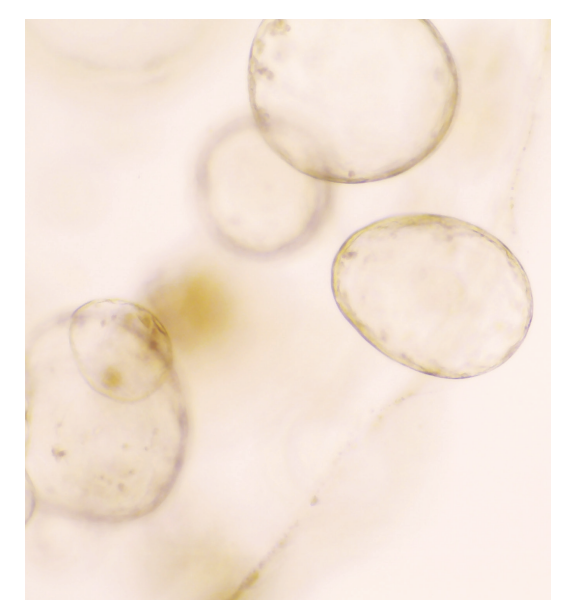Article highlights & insights
Inflammation can support or restrain cancer progression and the response to therapy. Here, the Cancer Inflammation and Immunity group searched for primary regulators of cancer-inhibitory inflammation through deep profiling of inflammatory tumour microenvironments (TMEs) linked to immune-dependent control in mice. In so doing, the group found that early intratumoral accumulation of interferon gamma (IFN-γ)-producing natural killer (NK) cells induces a profound remodelling of the TME, unleashing in turn cytotoxic T cell-mediated tumour eradication. Mechanistically, tumour-derived prostaglandin E2 (PGE2) acted selectively on EP2 and EP4 receptors on NK cells, hampered the TME switch, and enabled immune evasion.
Analysis of patient datasets across human cancers revealed distinct inflammatory TME phenotypes resembling those associated with cancer immune control versus escape in mice. This allowed the group to generate a gene-expression signature that by integrating opposing inflammatory factors predicted patient survival and response to immune checkpoint blockade. These findings identify features of the tumour inflammatory milieu associated with immune control of cancer and establish a strategy to predict immunotherapy outcomes.
Inflammation can support or restrain cancer progression and the response to therapy. Here, the Cancer Inflammation and Immunity group searched for primary regulators of cancer-inhibitory inflammation through deep profiling of inflammatory tumour microenvironments (TMEs) linked to immune-dependent control in mice. In so doing, the group found that early intratumoral accumulation of interferon gamma (IFN-γ)-producing natural killer (NK) cells induces a profound remodelling of the TME, unleashing in turn cytotoxic T cell-mediated tumour eradication. Mechanistically, tumour-derived prostaglandin E2 (PGE2) acted selectively on EP2 and EP4 receptors on NK cells, hampered the TME switch, and enabled immune evasion.
Analysis of patient datasets across human cancers revealed distinct inflammatory TME phenotypes resembling those associated with cancer immune control versus escape in mice. This allowed the group to generate a gene-expression signature that by integrating opposing inflammatory factors predicted patient survival and response to immune checkpoint blockade. These findings identify features of the tumour inflammatory milieu associated with immune control of cancer and establish a strategy to predict immunotherapy outcomes.




